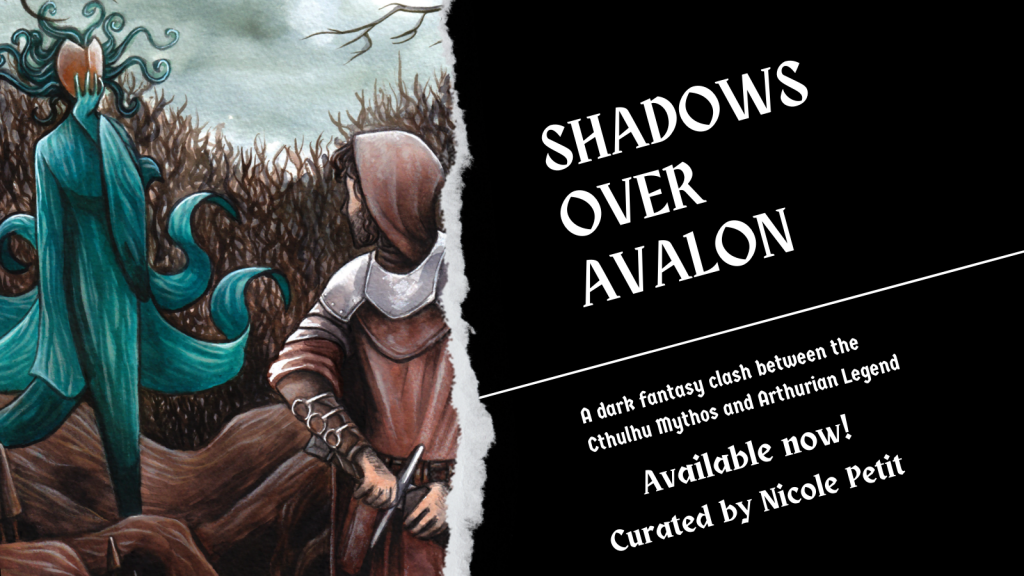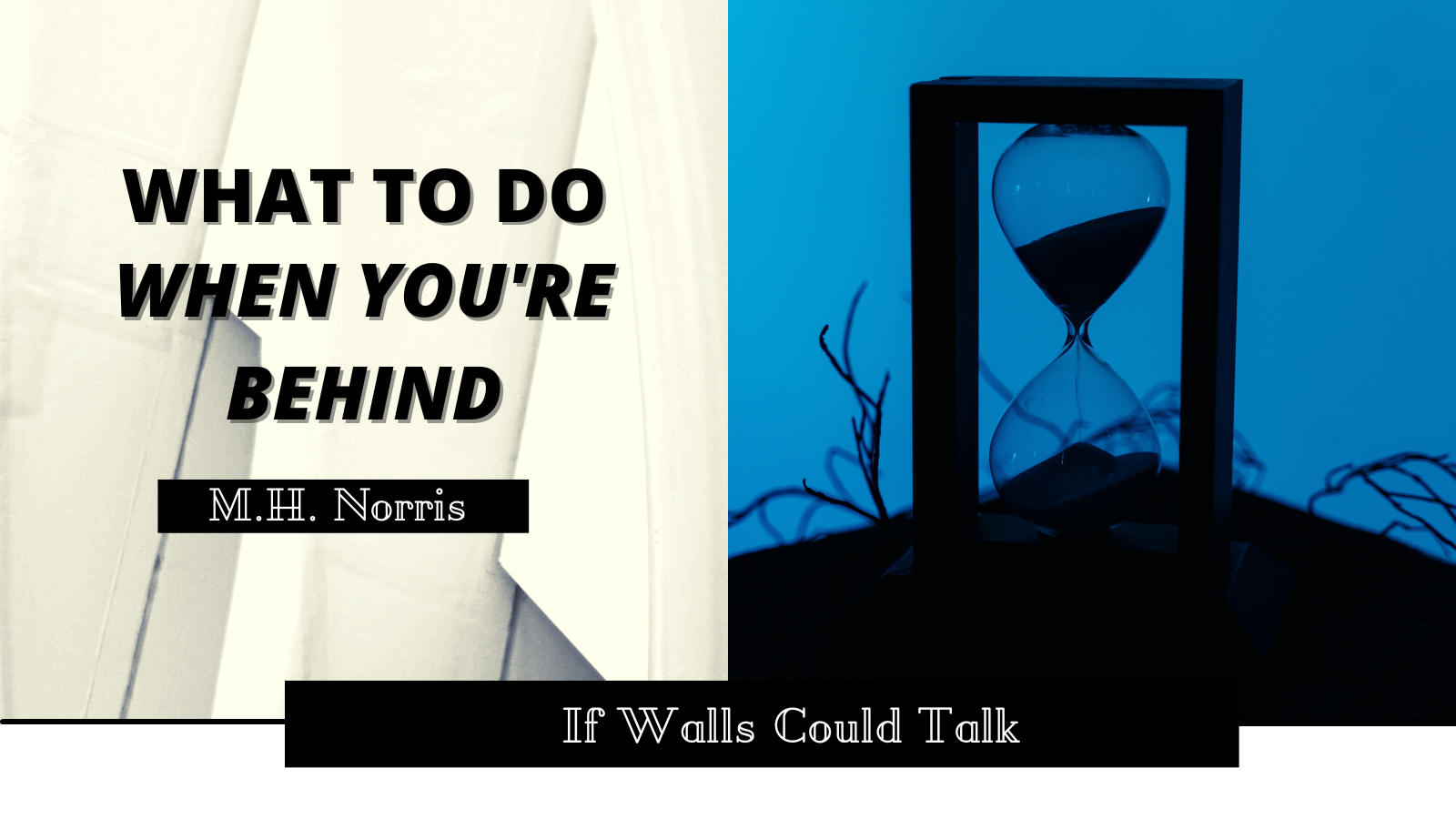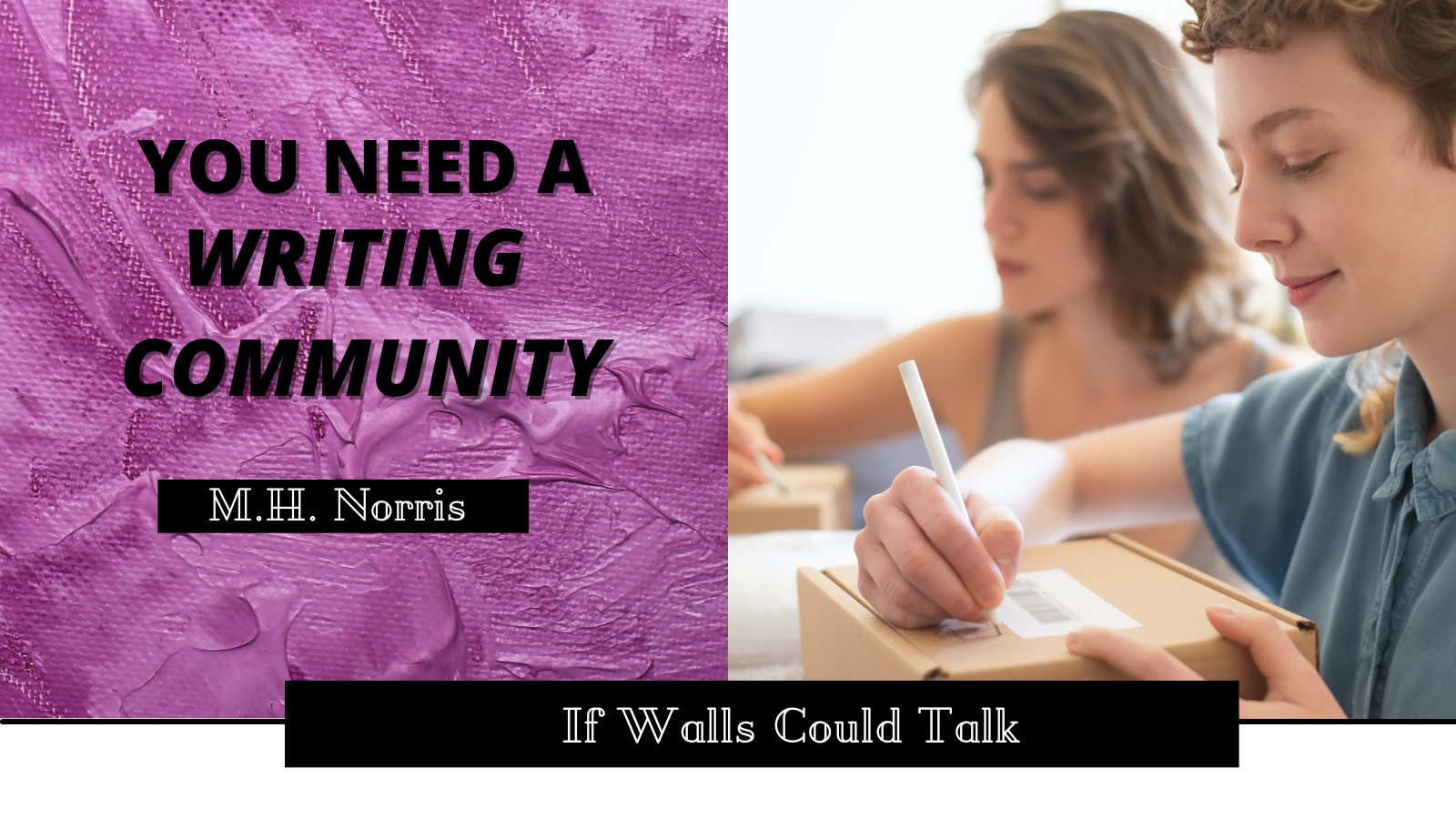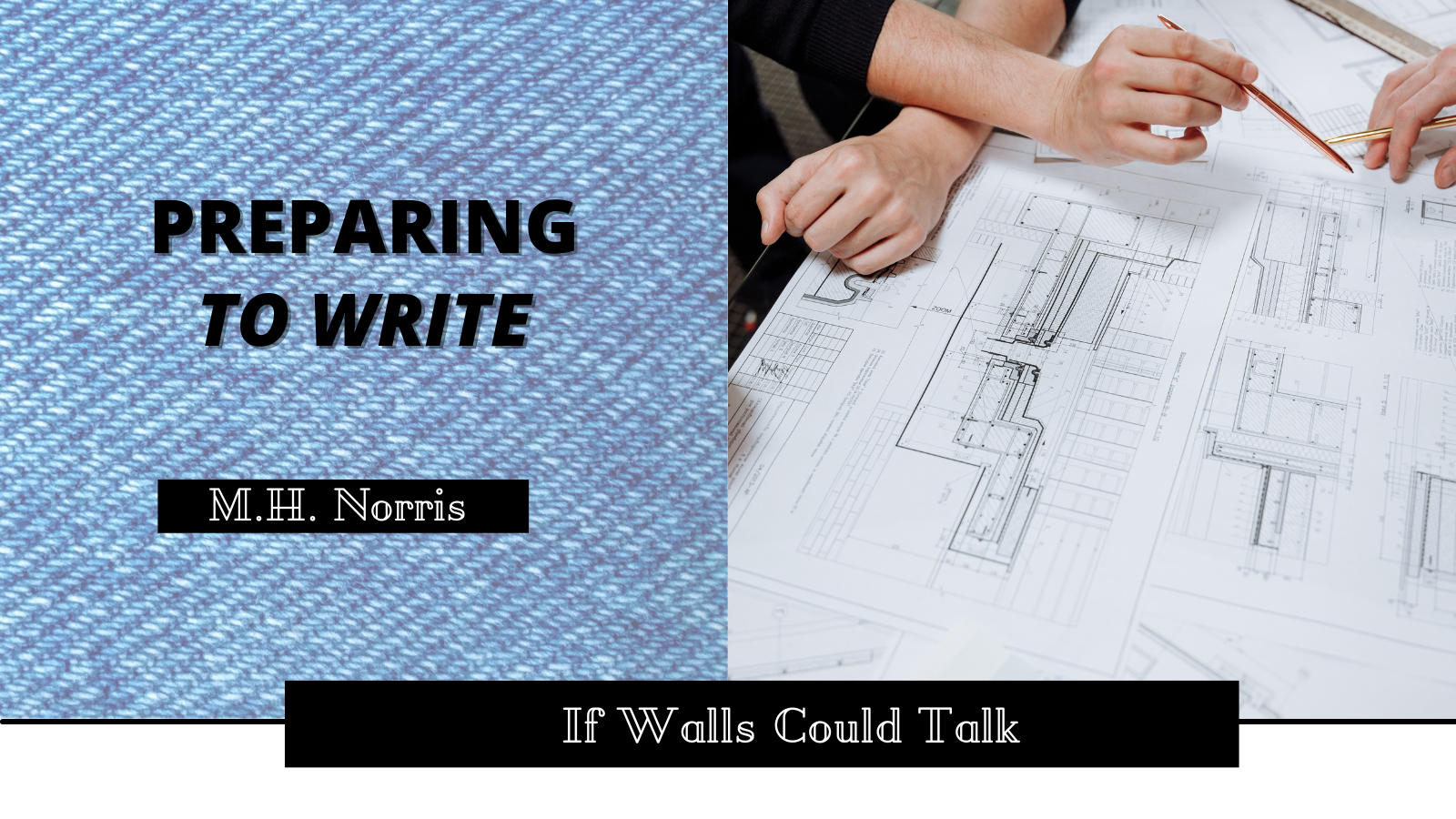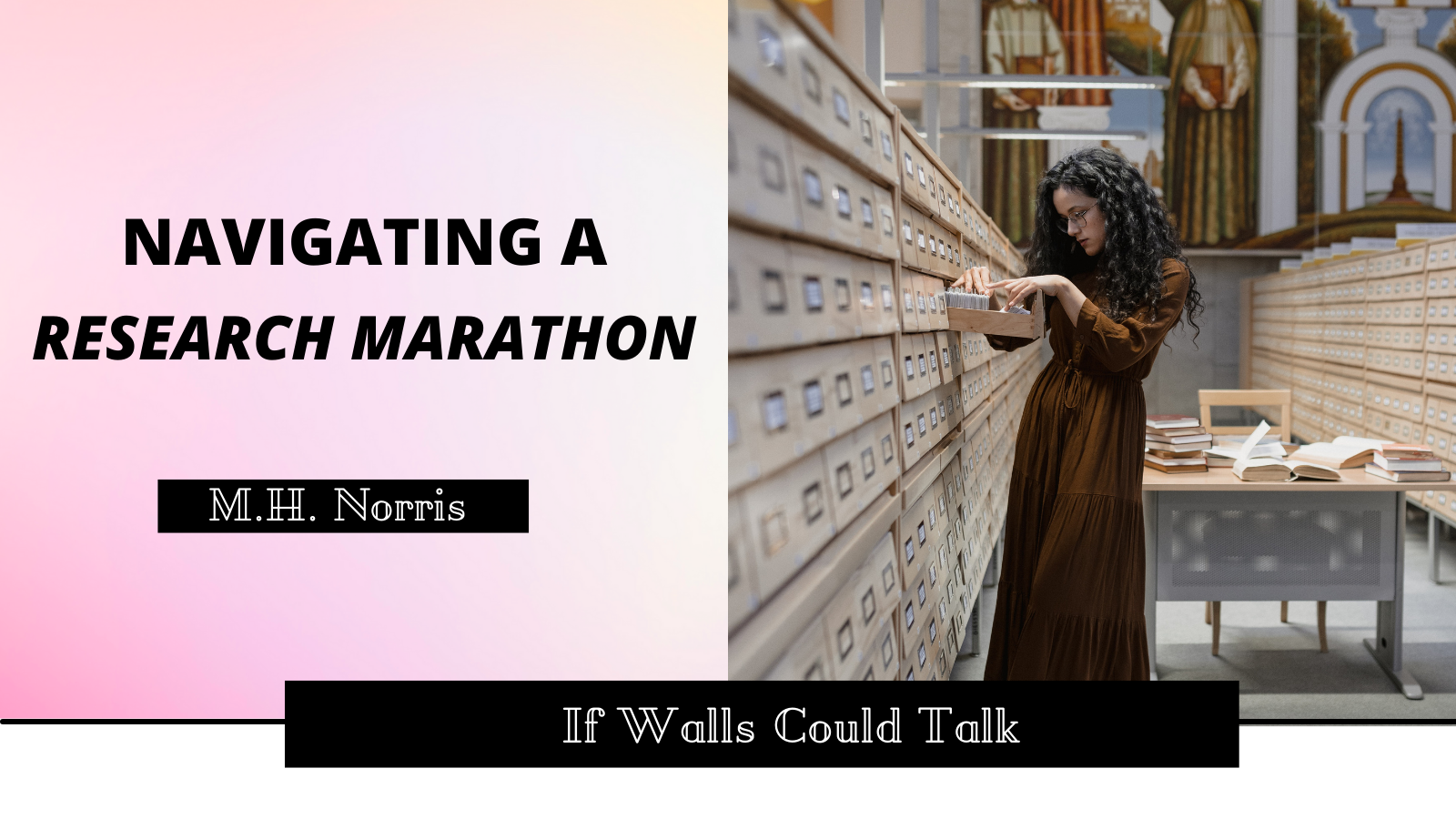
Back when I was writing my first book, I was very new to the mystery genre. For those of you who haven’t heard the story of that particular project, I went looking to write a 10k story and ended up with a 30k book deal. There is a huge difference between writing for a short story and writing for a novella. And I was on the brink of figuring that out for myself.
I’d been inspired to apply for this particular collection because it was police procedural. At the time, I was completely obsessed with Psych (I still love the show). When I saw the posting, I think I literally said to James, “I can write an episode of Psych.” Or something like that.
Bless younger me’s heart.
There I sat with nothing more than six seasons of Psych, a love of mysteries, and determination. Honestly, there are days when I wonder how on Earth I ever managed to finish that book so quickly.
I did get some stories out of it.
The first month of the project was almost entirely dedicated to research. I believe I did what passed for outlining at that point in my career. But the main thing I remember from that period is research. If I wasn’t involved in a previous obligation (class or work, you know how it is), I was knee-deep in research. I had to research murder, statistics, and police procedures. I quickly realized how far out of my depth I was.
Endings are hard for me, but I had a couple of different options. One thing I considered was ending it with a courtroom scene.
Before I continue this story, let’s visit why this was a bad idea. I had never watched a courtroom drama, I hadn’t read any books about it, and as a whole, most mysteries don’t end there. They end with the killer caught: the end. That’s not to say that writers are stuck in that box, but if it’s your first time tackling the genre, it’s best to stay within its common strengths.
As I researched, I wondered if the crime committed would earn the Death Penalty. And this proceeded to send me on a three-day research binge about the death penalty, requirements to seek the charge of capital murder, which states allowed it, and relevant legislation.
Only to discard all of that and go a completely different (and honestly better) direction.
But, that time didn’t feel wasted. I felt like I had learned a lot even if it never got used. One thing I learned from the experience is how to survive a multi-day research trip. That was the first time I had tackled something like that (at least spending that long on a single subject) but it wouldn’t be the last.
How do you navigate research journeys like this?
1) Take Notes
You are going to end up on rabbit trails. Those rabbit trails will have rabbit trails. Books, newspaper articles, webpages, news broadcasts, and more are full of information but often leave you with more unanswered questions.
Taking notes is vital. Not only does it help you when you return to your writing project, but it helps you follow your own trail as you navigate through all of the resources. It also helps if you run into two sources contradicting each other. You can see what both said.
This is a time when memo pads are invaluable to my process. I’ve also used spiral bound notebooks (though as a lefty I tend to grab notebooks that aren’t). Each project has a master one (you should see the one for The Importance of Glass Slippers; it’s starting to fall apart a bit), but sometimes I write research topics on different ones. It helps me follow where I’m going and not bog down the master one (which is primarily for outlining, jotting down names, and making sure I have what I need while on the go) with this information but I still need it.
Some people write their notes in a word processor. I write mine by hand. It’s a memory thing. I retain it better that way. You need to do what’s most comfortable for you.
2) Understand that you Won’t use Everything
I won’t use every single fact that I research out of the four books for The Importance of Glass Slippers. Nor will I use everything I learn from documentaries, news stories, and historical articles either. But all of this information helps me to lay a foundation. Small details grow into something bigger. Even if there’s just one sentence in a chapter of a book that adds something, you needed the information from the rest of the book to properly appreciate it.
I didn’t use a thing from that three day research binge. But, I have that knowledge for later. And inadvertently, it did give me a glimpse into the procedure and into how an investigation can help (or hurt) a court case. I was given more exposure to laws and regulations that would affect my character. Even if it didn’t get directly used, looking back, it influenced my writing on that project – and on many later projects too.
3) Take Breaks
I’m awful about taking breaks, especially when there are items on my to-do list (and there almost always is something). I did a post a few weeks ago about micro productivity and how I use it in my writing. I also have to use it in research.
For example, I’m working my way through a book about HTML and I have to take a break every few chapters because there is a lot of information to unpack.
Breaks can look like a variety of things. Grabbing a snack, playing games for a bit, or getting some fresh air. But they are vital in order to avoid burnout.
Anyone who writes has to research. We do not know everything, even if we’ve been writing in the same genre for decades. I love learning new things, especially if the topic fascinates me (and I tend to write about things that do – it makes the process easier. But sometimes, digging through massive piles and going down these rabbit trails can be overwhelming.
Break up the task. Create a form of micro productivity that works for you.
You’ve got this.
If you want, you can head over to Twitter (@girlinpink44) and talk about your favorite research resources. I’d love to chat.
